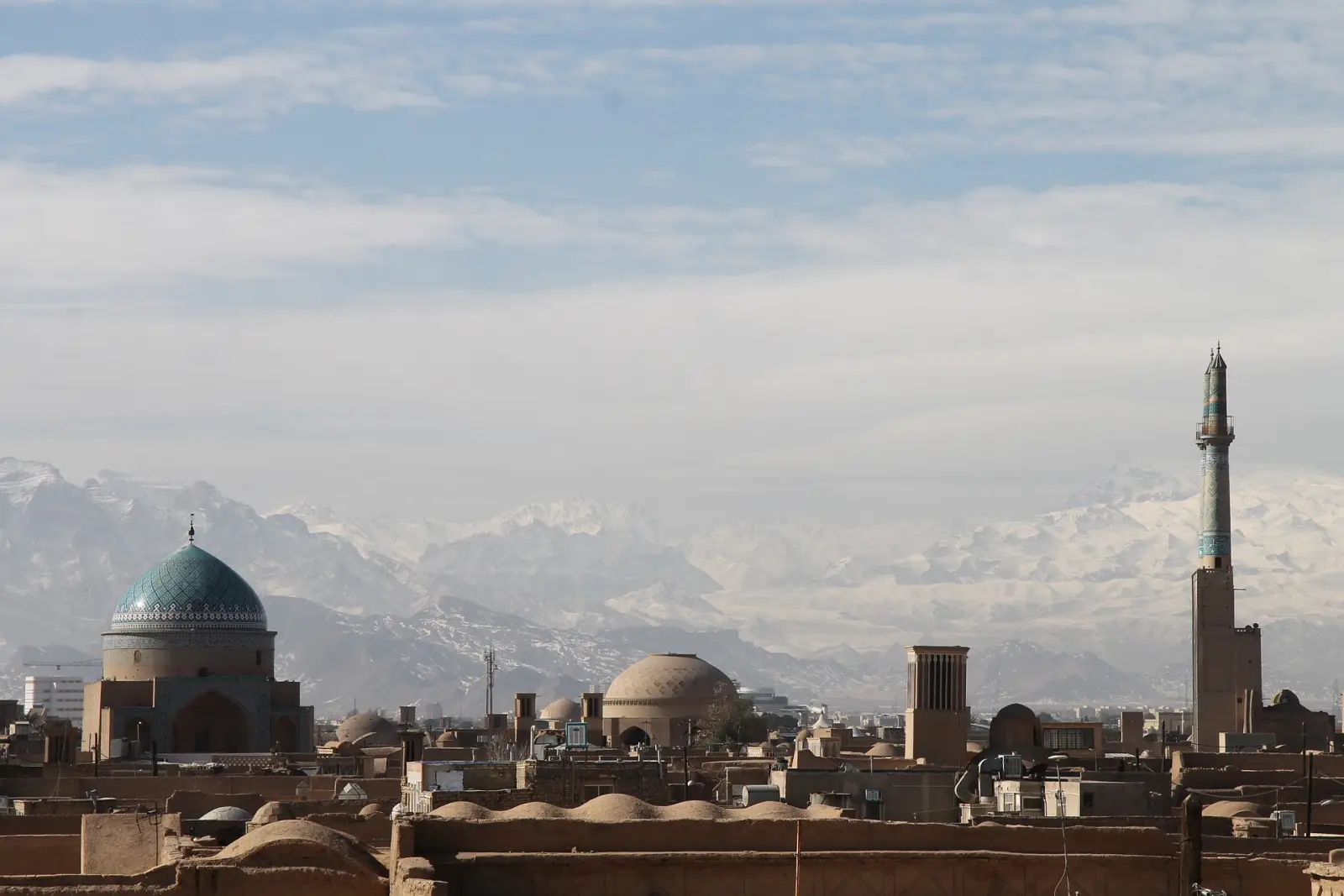Governments are ramping up their travel warnings on Middle East safety, with both the United States and France issuing stern advisories against visiting Syria and Iran amid rising regional tensions, terrorism threats, and concerns over arbitrary detention.
U.S. Cites ‘Imminent Attacks’ Risk in Syria
The U.S. State Department on Friday alerted citizens to “potential imminent attacks” in Syria, specifically warning about threats to locations frequented by tourists. The advisory reiterates a longstanding Level 4: Do Not Travel status for the country, citing persistent risks of terrorism, civil unrest, armed conflict, kidnapping, and wrongful detention.
“No part of Syria should be considered safe from violence,” the statement reads, adding that terrorist groups may conduct attacks with little or no warning. Potential targets include hotels, restaurants, parks, shopping areas, schools, and public transportation. Despite Syria’s tourism heritage—from Damascus to ancient ruins in Palmyra—the country remains volatile and off-limits for U.S. citizens.
The U.S. Embassy in Damascus has been closed since 2012 due to civil war, and there are no consular services available within the country. The situation has only become more complex following the December departure of longtime Syrian leader Bashar al-Assad to Russia. President Ahmed al-Sharaa now leads the government, but stability remains elusive.
France Strengthens Iran Travel Ban Amid Detention Fears
On the same day, France renewed its full travel ban to Iran, warning that French nationals face a “serious risk of arbitrary detention solely due to their nationality.” French Foreign Ministry spokesperson Christophe Lemoine urged all citizens to leave the country without delay, emphasizing that all travel—“regardless of the reason”—is strictly prohibited.
“We reiterate our call for all French nationals who may be in Iran to leave the country immediately,” said Lemoine at a press briefing. The warning follows ongoing concerns about several French nationals held in Iranian prisons, under conditions that Lemoine said may amount to torture under international humanitarian law.
The ministry praised the resilience of the detainees and their families, with Lemoine affirming that French authorities are fully mobilized in efforts to secure their release.
Why Travelers Should Take These Warnings Seriously
While parts of the Middle East remain safe and popular with tourists—such as Jordan, the UAE, and parts of Egypt—countries like Syria and Iran continue to pose significant threats. The latest advisories reflect not only heightened geopolitical instability but also increased targeting of foreign nationals in these regions. Arbitrary detention, a tactic often tied to political leverage, presents a specific and serious threat to travelers, particularly those from Western nations.
Governments globally have reiterated that travelers may have limited or no access to consular support in countries where embassies are closed or severely restricted. In both Syria and Iran, even well-intentioned visitors could face life-threatening risks or become entangled in complex diplomatic disputes.
With summer travel planning underway, those considering trips to the Middle East are advised to consult official government travel advisories and monitor ongoing developments. The allure of cultural heritage and historic sites must be carefully weighed against current security conditions and foreign policy dynamics.








